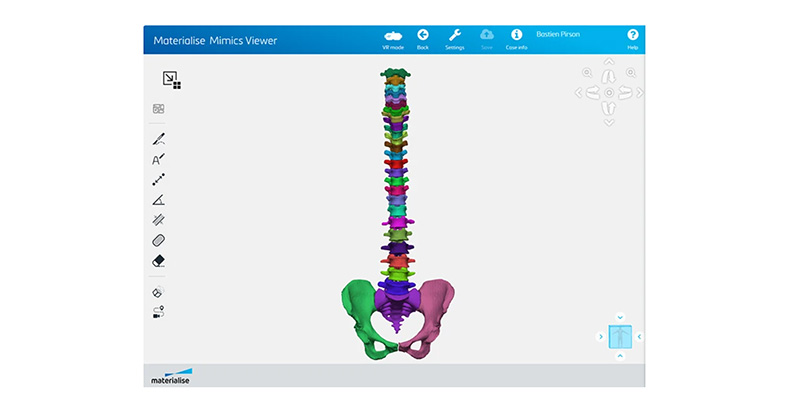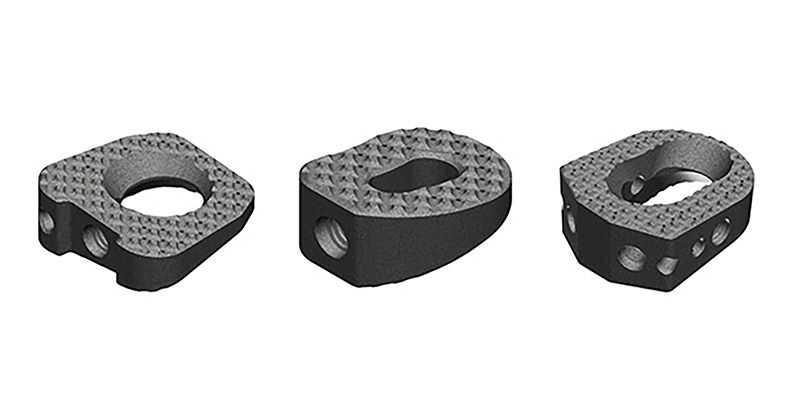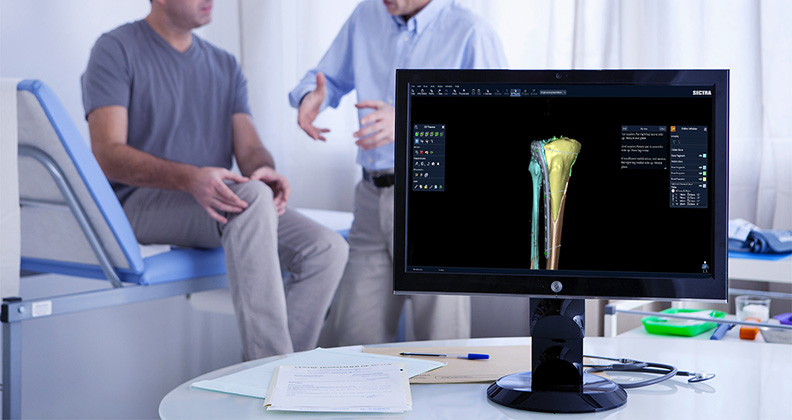
Materialise, provider of medical 3D printing and planning solutions, launched its fully integrated Materialise Mimics platform for enhanced efficiencies in advanced 3D planning and personalized device creation, providing accessible patient care for medical device companies and hospitals globally.
The platform leverages Materalise’s flagship medical engineering software, Mimics, which is used to create virtual and 3D-printed patient-specific anatomical models for pre-procedural planning, as well as the design of patient-specific implants and surgical guides. The new end-to-end solution provides hospitals with a single integrated platform to enable personalized patient care. Device companies gain access to a workflow that enables all phases of the medical device design process — from research and development through clinical trials to full scale-up and commercialization.
The software release incorporates Mimics software projects into a unified Mimics platform — including both desktop and cloud applications. The integration enables better collaboration, automation and easier access to new technology, including unified case management, artificial intelligence (AI)-enabled segmentation and visualization of surgical plans and models via augmented reality and extended reality.
“With the new, integrated Mimics platform, we are enhancing medical 3D planning and personalized device design by facilitating stronger and faster collaboration among clinicians and engineers,” said Sebastian De Boodt, Business Line Director at Materialise. “This creates opportunities for more efficient resource utilization and easier access to 3D technology, facilitating hospitals and medical device companies to sustainably deliver personalized treatment to more patients.”
Clinicians and engineers can work together to quickly, effectively and securely plan their cases within the platform. The cloud and desktop applications sync with ease while offering advanced traceability through ongoing activity and version logs. This improvement helps quality control and to reduce lead times by enabling a patient’s medical team and their medical technology suppliers to work in files simultaneously — facilitating more efficient collaboration and communication within a digital environment. In fact, the sharing of case information can be completed in compliance with data privacy standards such as HIPAA, ISO 27001 (data security) and ISO 27701 (data privacy).
The latest version of Mimics offers improved access to AI-enabled image segmentation. Nine segmentation algorithms are now available, with enhanced capability for segmenting the torso area — including hip and lower torso segmentation. Further automating the design process, 3D modeling tools have also been improved, increasing efficiency when producing anatomical models and designing surgical guides.
Source: Materialise
JAV
Julie A. Vetalice is ORTHOWORLD's Editorial Assistant. She has covered the orthopedic industry for over 20 years, having joined the company in 1999.




